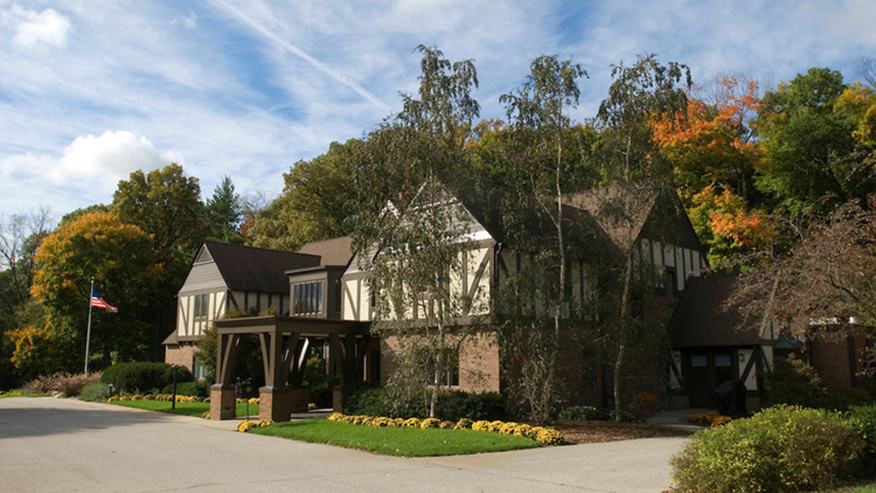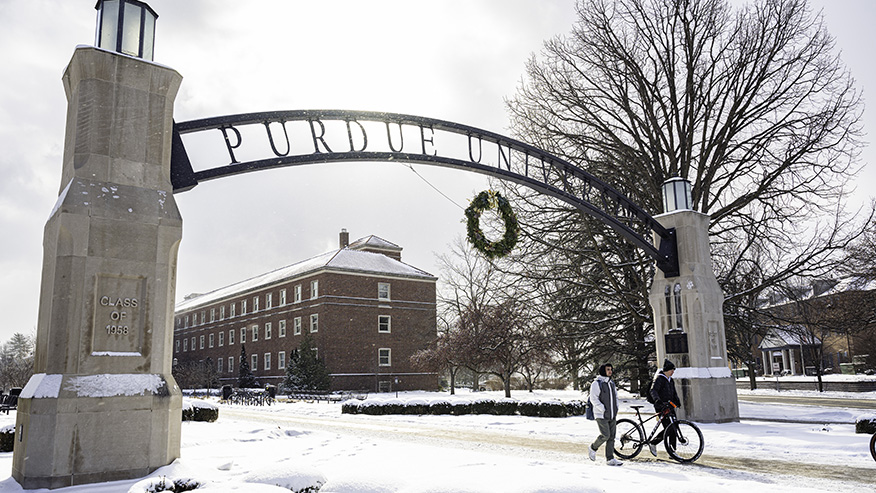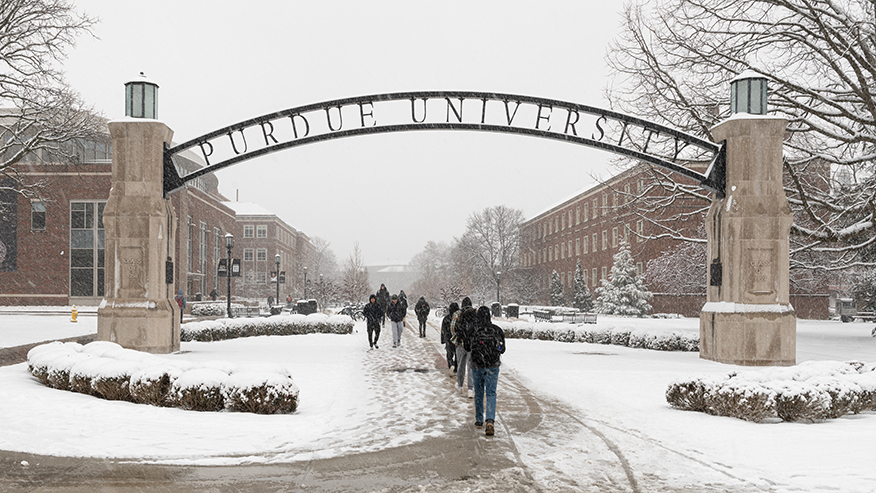Registration open for April 8 Westwood Lecture on applying advanced machine learning tools for gene regulation

Westwood residence (Purdue University photo)
Registration is open for faculty to attend the Westwood Lecture Series on April 8.

Majid Kazemian, associate professor of biochemistry in the College of Agriculture and computer science in the College of Science will present “Drug Discovery: From In Silico Insights to In Vivo Validation” from 4:30-5:30 p.m. at Westwood, the Purdue president’s residence.
The Westwood Lecture Series is an opportunity for Purdue faculty and staff members engaged in a research topic to interact with colleagues on scholarly work. The program is aimed at enhancing the intellectual vibrancy of the West Lafayette campus.
Space is limited to the first 50 faculty who register online.
“Drug Discovery: From In Silico Insights to In Vivo Validation”
Majid Kazemian
Associate professor of biochemistry, College of Agriculture
Associate professor of computer science, College of Science
Abstract. Why do some people survive cancer longer than others? Understanding the biological mechanisms that influence survival can help improve treatments and patient outcomes. To uncover these mechanisms, Kazemian and his research team reanalyzed decades of publicly available data using new computational techniques, which led to the identification of patterns that better explain differences in survival. Notably, some of these patterns can be influenced by existing drugs, offering a potential strategy to improve patient outcomes.
Bio. Majid Kazemian is an associate professor of biochemistry in the College of Agriculture and computer science in the College of Science. He co-leads the Cell Identity and Signaling program at the Purdue Institute for Cancer Research.
Kazemian’s research combines advanced computational and experimental approaches to study gene regulation, infectious diseases and cancer biology, with notable contributions to understanding virus-associated cancers, regulatory RNAs and immune responses in cancer and autoimmunity. A dedicated mentor, Kazemian has guided over 50 students and fosters interdisciplinary collaboration. He has received recognition from the National Institutes of Health (NIH), including the National Institute of General Medical Sciences’ Maximizing Investigators’ Research Award and the National Heart, Lung and Blood Institute’s Orloff Science Award. He has authored several high-impact publications, advancing science through innovation and mentorship.
Kazemian earned his PhD in computer science from the University of Illinois at Urbana-Champaign in 2012 and completed postdoctoral training at the NIH with a focus on immunology and genomics.
About Purdue University
Purdue University is a public research university leading with excellence at scale. Ranked among top 10 public universities in the United States, Purdue discovers, disseminates and deploys knowledge with a quality and at a scale second to none. More than 107,000 students study at Purdue across multiple campuses, locations and modalities, including more than 58,000 at our main campus in West Lafayette and Indianapolis. Committed to affordability and accessibility, Purdue’s main campus has frozen tuition 13 years in a row. See how Purdue never stops in the persistent pursuit of the next giant leap — including its comprehensive urban expansion, the Mitch Daniels School of Business, Purdue Computes and the One Health initiative — at https://www.purdue.edu/president/strategic-initiatives.



